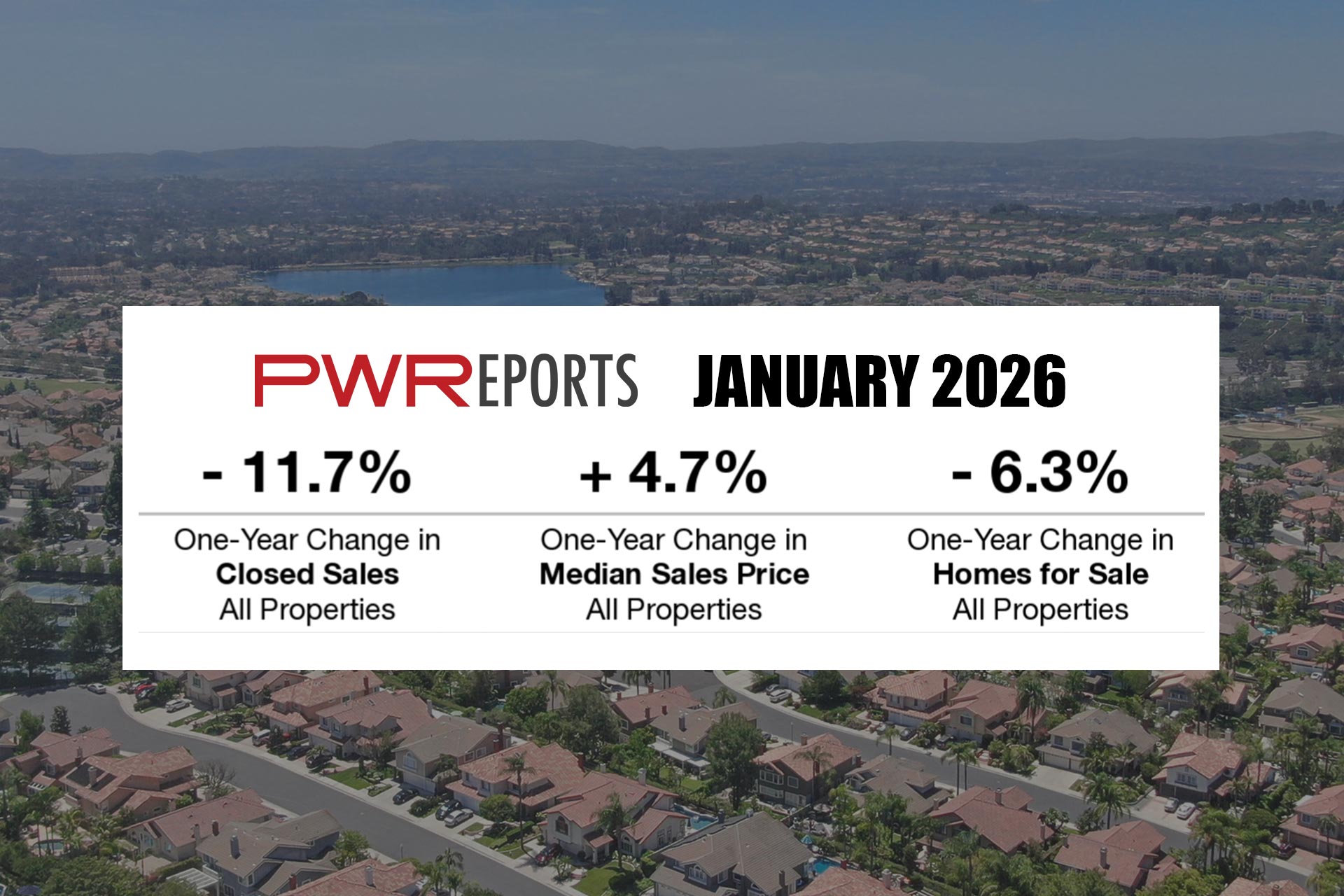The California Association of REALTORS® (C.A.R.) recently had their annual meeting in Sacramento. C.A.R. gathers at the end of April/early May to discuss housing legislation with our state legislators. Our convention this year was remarkably successful, with big victories we can share.
AB 1157 was introduced this year by Assemblyman Kalra, a bill which would have instituted a devastating rent control policy in California. When statewide rent control was passed in 2020 with the passage of AB 1482, it contained a few provisions to soften the blow to housing providers: annual rent increases were capped at 5% plus inflation (CPI) not to exceed 10%, single family homes owned by individuals and LLCs were exempt from the rent control law, and AB 1482 would sunset in 2030, making this only a 10 year law. With AB 1157 this year the intent was to rewrite this law to take away those protections. Under AB 1157, rent increases would be capped at 2% plus CPI not to exceed 5%, it would now apply even to all housing including single family homes, and it would last forever with no sunset date. REALTORS® were naturally outraged and this legislation, and when attendees to C.A.R. arrived in Sacramento, we were prepared to make this our top issue. Our timing was fortuitous, as the bill was scheduled to be heard in a policy committee, and the author pulled the bill rather than suffer the humiliation of having it defeated. He knew he wouldn't have the votes after C.A.R. put their full weight into opposing it.
Similarly, AB 647 was a bill we were actively opposing. This bill would allow a single-family parcel to have up to 8 housing units built on it and the local government could not prevent it. In other words, they could build the eight units by right. Such density could overwhelm existing neighborhoods with parking and other infrastructure. Just like AB 1157, AB 647 failed to pass committee so it became a two-year bill. It is important to remember that no bill "dies" in the first year of a legislative session. If a bill doesn't pass committee, it automatically becomes a two- year bill, so we may have to fight these bills again in 2026. Fortunately, there are bills we like, such as SB 448, that look to streamline the process of dealing with squatters, a problem that has plagued property owners for years. There is also a package of bills that aim to streamline the approval process for building new housing, and we like many of these bills.






